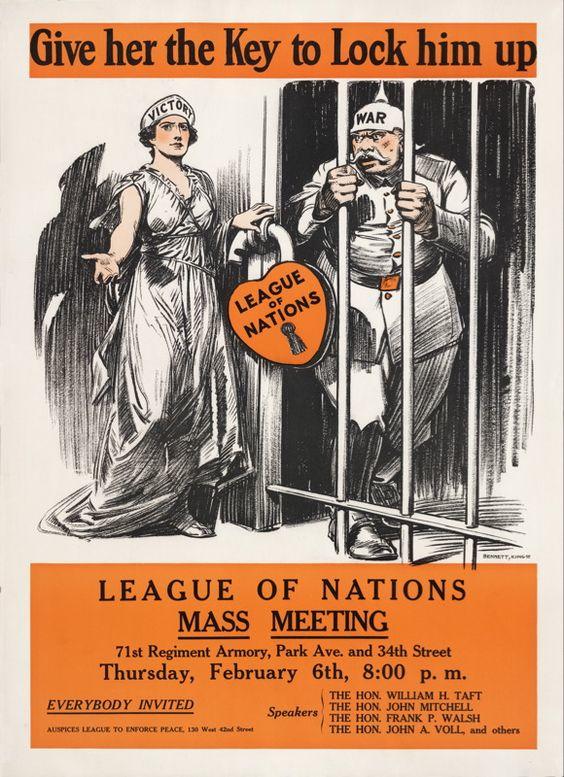Semester:
Offered:
Why do wars start, how can they be stopped, and what can be done to prevent them?


What is war, and why has it been nearly constant throughout human history? Is aggression inherent in relations between states, or between factions within states, and if so, can it be deterred, stopped, or mitigated? This course seeks to answer these questions. It ranges from antiquity to the present, with an emphasis on the last 300 years.
Beginning with the socio-biological roots of human aggression and altruism, the course focuses on selected wars as case studies of different types of conflict. We distinguish wars fought within and between states, within a single region or spread across the globe. We compare wars fought to advance or crush revolutions and those that spread colonial power or liberate a colonized people. We examine wars’ effects on fighters and non-combatants, the role of morale in sustaining wars once undertaken, and the possibilities for post-war reconciliation between adversaries. We measure the effectiveness of international humanitarian law, organizations like the League of Nations and United Nations, and anti-war protest movements. We employ a historical lens to understand the United States’ recent disputes with foreign powers and bouts of domestic strife, which raise the possibility of inter-state and/or civil war.
By studying why wars start, what it takes to end them, and what measures have worked better than others to restrain or prevent conflict, we will better understand ourselves, our societies, our current crisis, and the prospects for humanity’s future.